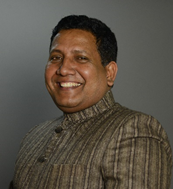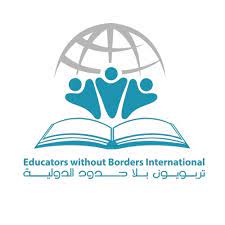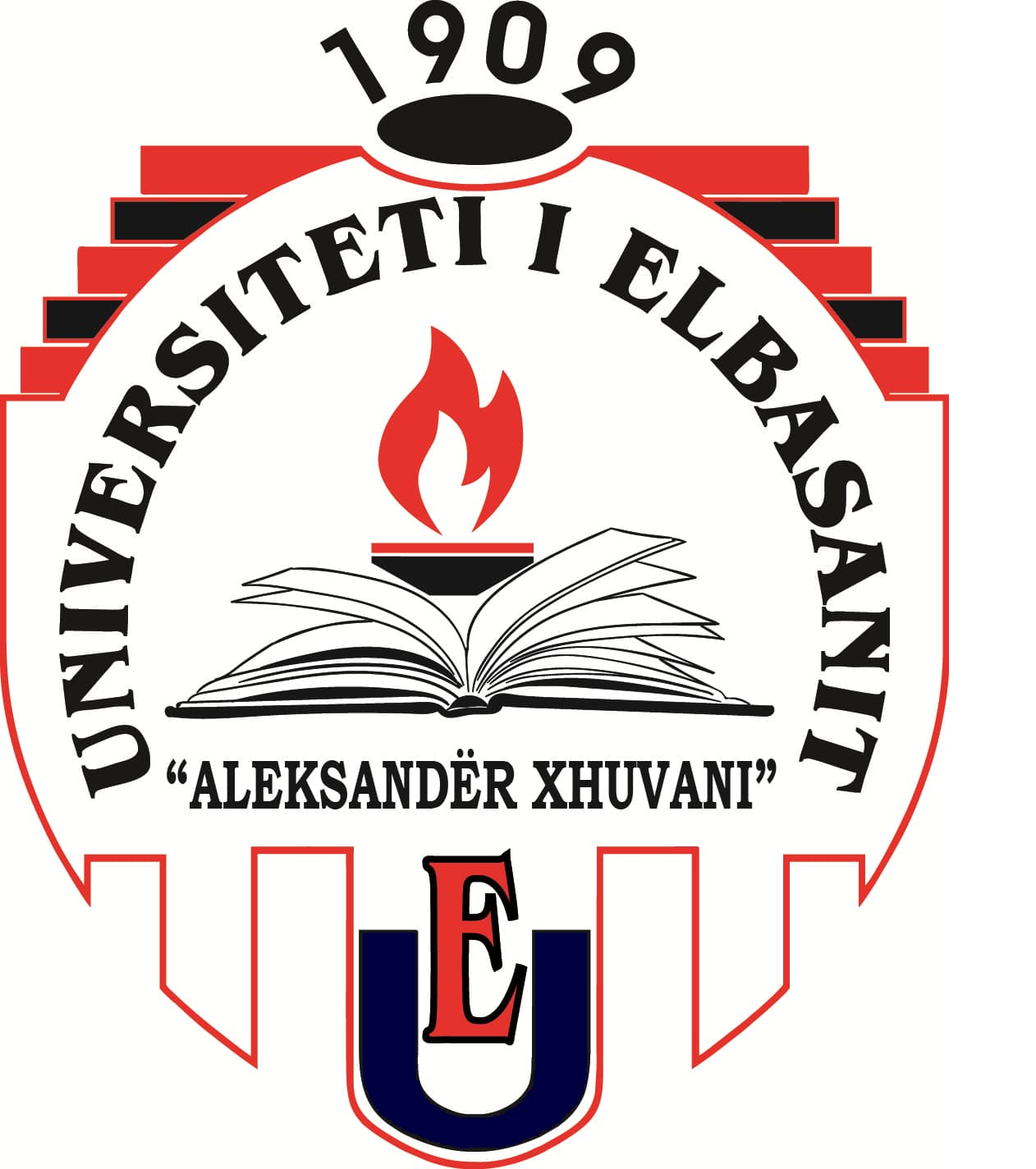Prof. Dr. Mohammed Abdulla Albaili

Mohammed Albaili is the Chairman of “Educators without Borders International” and Professor of Psychology. Prior to this position, he served as a Vice Chancellor of the United Arab Emirates University (UAEU), Deputy Vice Chancellor for Academic Affairs and Provost, and Dean of College of Humanities and Social Sciences. He received his Ph.D. from the University of Wisconsin-Madison, USA in 1988 and his M.Sc. from the University of Indiana, USA in 1984. He earned his B.A. in Psychology from UAEU in 1981. His research interests focus on motivation, thinking skills, and giftedness. He is a Member of the Advisory Board for several psychological and educational journals. He published several books and more than 25 refereed, scholarly articles in reputable international journals.
Re-imagining Teaching and Learning in Post COVID-19
Prof. Dr. Mohammed Albaili
Chair, Educators without Borders International
Abstract:
The Covid-19 pandemic has created the largest disruption of education systems in history, resulted in the closure of Schools and other educational institutions, and ultimately amended the landscape of educational process. The emergent literature suggests that Covid-19 pandemic has also disrupted our thinking, challenged, and impacted our traditional ways of teaching and learning, and brought new possibilities and directions. The purpose of this presentation is to share with you how Covid-19 has impacted teaching and learning processes and to explore the future of teaching and learning processes. Specially, a light will be shed on the challenges of Covid-19 for teaching and learning, lessons learned from this tragedy, and finally, how could teaching and learning look like in the future for educators and policymakers?
Keywords: Teaching, Learning, Challenges, COVID-19 Pandemic
Dr. K. M. Baharul Islam
Professor and Dean (Academics), Indian Institute of Management Kashipur

Dr. K. M. Baharul Islam has been teaching and researching in the areas of Communications, Law, Education, Public Policy and Governance for more than twenty-five years. At present he is the Professor & Dean (Academics) at Indian Institute of Management Kashipur. He is also the Chair of the Centre for Public Policy and Government at the Institute. Starting his career as a faculty at National Institute of Technology, Silchar in 1994, he went on to teach at a number of universities in India and abroad. Between 2002 and 2012 he served on several international assignments. He was appointed as the Chairman and CEO of the South Asian Regional Gateway under the Development Gateway set up by The World Bank (2007-2012). Prof. Islam is a Fellow at the US India Policy Institute in Washington DC and in 2015 he was selected as an International Fellow at the King Abdullah International Centre for Interreligious and Intercultural Dialogue in Vienna. With a leave from IIM Kashipur, he was a Fellow at the Indian Institute of Advanced Study, Shimla (2016-2018) where he worked on Translingual Literature from Assam.
He holds three masters’ degrees: LLM in Telecom and Information Technology Laws from the University of Strathclyde (UK), MA (English) from AMU, Aligarh and MBA from IK Gujral Technical University. He did two PhDs: one in English Language Teaching and another in Transitional Justice. He also did his Post-Doctorate from Asian Institute of Technology (Bangkok) on new technologies in education. Besides he has also done B.Ed. specializing in Educational Planning and Administration. He is a D.Litt. Scholar at Kumaun University. Dr Islam is a recipient of Majaz Gold Medal in MA and United Kingdom Telecom Academy Fellowship. Two of his past projects in India and Ethiopia have received The World Bank’s Development Marketplace Certificate Recognition in 2003 and 2007. He has published widely with several books and papers/articles to his credit. He is a public speaker, debater, TV commentator and communication specialist. He participated at the BBC World Debate in 2006.
‘Autonomy’ and ‘Motivation’ among Research Scholars during COVID-19 Pandemic: A Phenomenological Study
Prof. K. M. Baharul Islam
Chair, Centre of Excellence in Public Policy and Government, Indian Institute of Management Kashipur
Abstract:
Academic institutions worldwide were compelled to bring their physical classroom teaching to a sudden halt due to the COVID-19 pandemic. Research scholars and doctoral students with intensive fieldwork-based themes in different disciplines faced a severe challenge, and countries implemented lockdown policies. A phenomenological study was conducted at the Indian Institute of Management, a top business school to gain insights into the impact of COVID-19 lockdowns and restrictions on the challenges faced by the research scholars’ community in 2021 and early 2022. Research scholars from business institutes were asked to narrate their personal experiences and opinions about restricted resources during virtual learning and researching environment. The interviews were recorded by phone and later transcribed. Through an analysis of the lived experiences of the ten research scholars, the study discussed the impact of the national lockdown and COVID-19 infections on the research work, the timeframe of acquiring a doctoral degree, challenges of research supervision, lack of digital resource access, internet connectivity issues, restricted mobility, mental well-being, and other experiences. The interviews were analyzed through sentiment analysis, thematic analysis, and word cloud to explore the possibilities regarding autonomy and motivation in research during the pandemic. The study found that although online education is expected to be both boon and need of an hour as it provides an opportunity for self-study, autonomy, and motivation for learners, it faced many challenges to deliver the expectations. The participants (PhD students) in this study indicated that Autonomy and motivation in the research were the most affected aspects of research activities during the pandemic due to a series of lockdowns in India. The study reiterated that there is no substitute for a physical classroom environment to enrich the teaching-learning process, especially at the doctoral level.
Keywords: Autonomy, Motivation, Research Scholars, COVID-19 Pandemic




